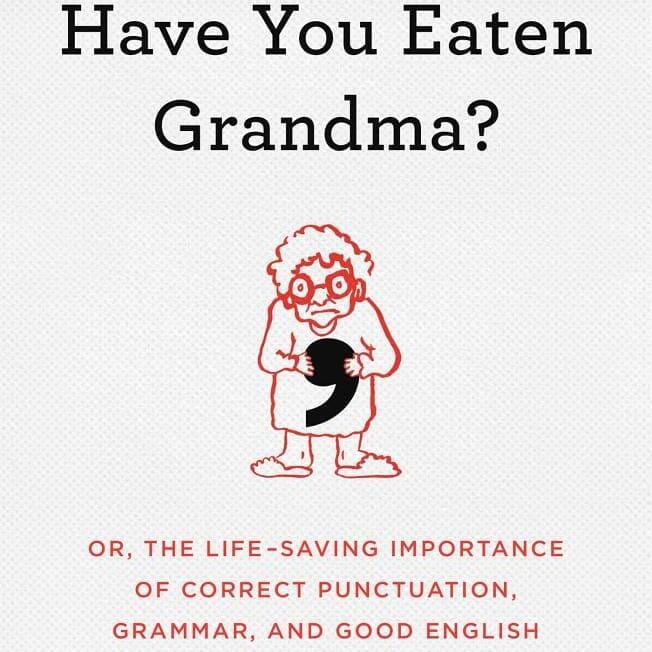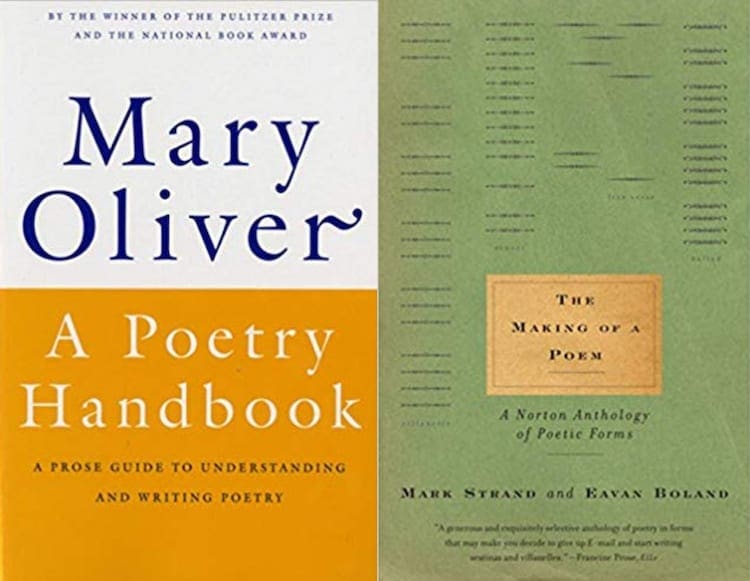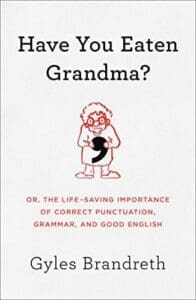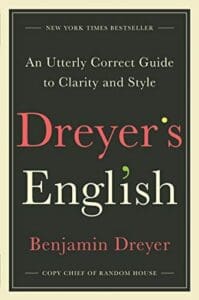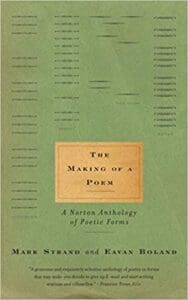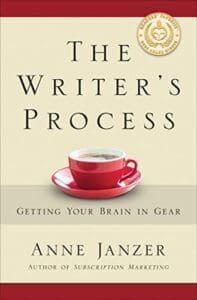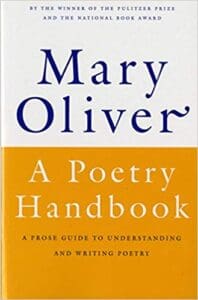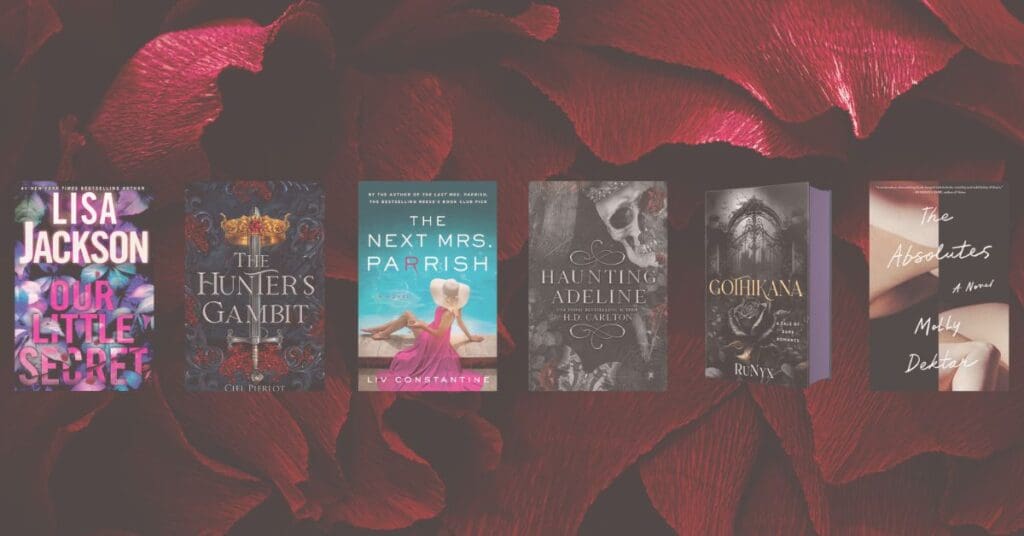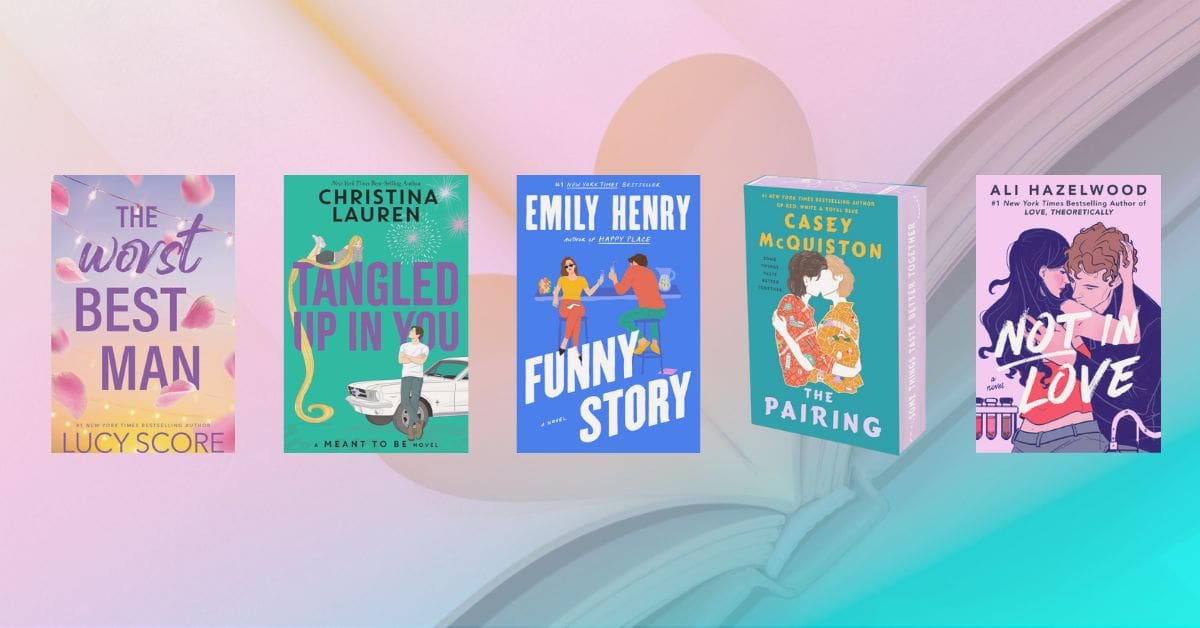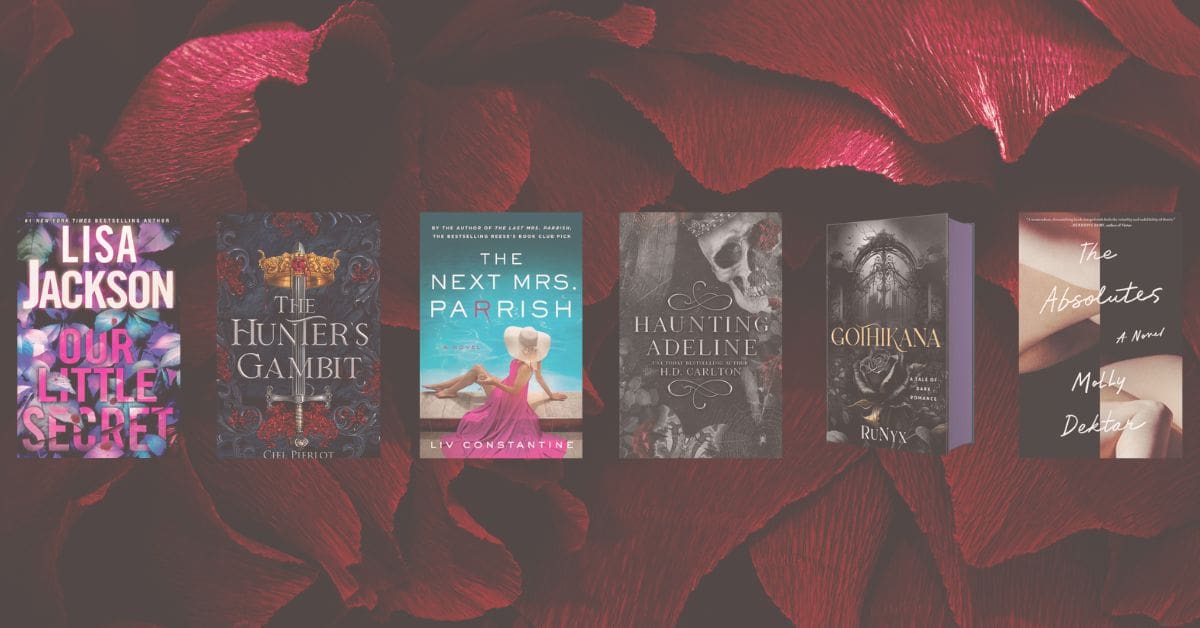Take your art to the next level with poetry writing books that will help you write the best poetry of your life.
Have You Eaten Grandma? by Gyles Brandreth
Description: Our language is changing, literary levels are declining, and our grasp of grammar is at a crisis point. From commas to colons, apostrophes to adverbs, there are countless ways we can make mistakes when writing or speaking. But do not despair! Great Britain’s most popular grammar guru has created the ultimate modern manual for English speakers on both sides of the Atlantic.
In this brilliantly funny and accessible guide to proper punctuation and so much more, Gyles Brandreth explores the linguistic horrors of our times, tells us what we’ve been doing wrong and shows us how, in the future, we can get it right every time. Covering everything from dangling participles to transitive verbs, from age-old conundrums like “lay” vs. “lie,” to the confounding influences of social media on our everyday language, Have You Eaten Grandma? is an endlessly useful and entertaining resource for all.
Dreyer’s English by Bejamin Dreyer
Description: We all write, all the time: books, blogs, emails. Lots and lots of emails. And we all want to write better. Benjamin Dreyer is here to help.
As Random House’s copy chief, Dreyer has upheld the standards of the legendary publisher for more than two decades. He is beloved by authors and editors alike—not to mention his followers on social media—for deconstructing the English language with playful erudition. Now he distills everything he has learned from the myriad books he has copyedited and overseen into a useful guide not just for writers but for everyone who wants to put their best prose foot forward.
As authoritative as it is amusing, Dreyer’s English offers lessons on punctuation, from the underloved semicolon to the enigmatic en dash; the rules and nonrules of grammar, including why it’s OK to begin a sentence with “And” or “But” and to confidently split an infinitive; and why it’s best to avoid the doldrums of the Wan Intensifiers and Throat Clearers, including “very,” “rather,” “of course,” and the dreaded “actually.” Dreyer will let you know whether “alright” is all right (sometimes) and even help you brush up on your spelling—though, as he notes, “The problem with mnemonic devices is that I can never remember them.”
And yes: “Only godless savages eschew the series comma.”
Chockful of advice, insider wisdom, and fun facts, this book will prove to be invaluable to everyone who wants to shore up their writing skills, mandatory for people who spend their time editing and shaping other people’s prose, and—perhaps best of all—an utter treat for anyone who simply revels in language.
The Making of a Poem edited by Mark Strand and Eavan Boland
Description: Two of our foremost poets provide here a lucid, straightforward primer that “looks squarely at some of the headaches and mysteries of poetic form”: a book for readers who have always felt that an understanding of form (sonnet, ballad, villanelle, sestina, among others) would enhance their appreciation of poetry. Tracing “the exuberant history of forms,” they devote one chapter to each form, offering explanation, close reading, and a rich selection of examplars that amply demonstrate the power and possibility of that form.
The Writer’s Process by Anne Janzer
Description: If you fear the blank page or get frustrated when drafting, you may be skipping the essential early phases of writing.
If you generate swarms of ideas but never publish anything, you need strategies to focus and persist to the finish.
When you learn to work with your brain instead of against it, you’ll get more done and have more fun.
A Poetry Handbook by Mary Oliver
Description: With passion, wit, and good common sense, the celebrated poet Mary Oliver tells of the basic ways a poem is built-meter and rhyme, form and diction, sound and sense. Drawing on poems from Robert Frost, Elizabeth Bishop, and others, Oliver imparts an extraordinary amount of information in a remarkably short space.
To stay up-to-date, make sure to keep an eye out for more of little infinite’s featured content as we celebrate poetry, books, and this beautiful hot mess we call life on Facebook, Instagram, and Twitter.
Shop This Article:

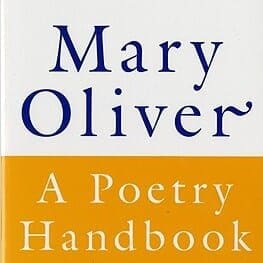
$13.79
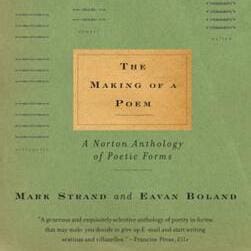
$17.43
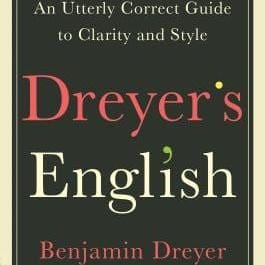
$23.00
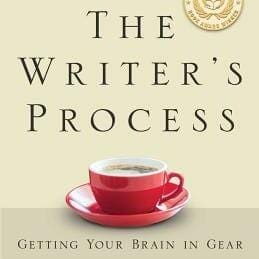
$14.99
